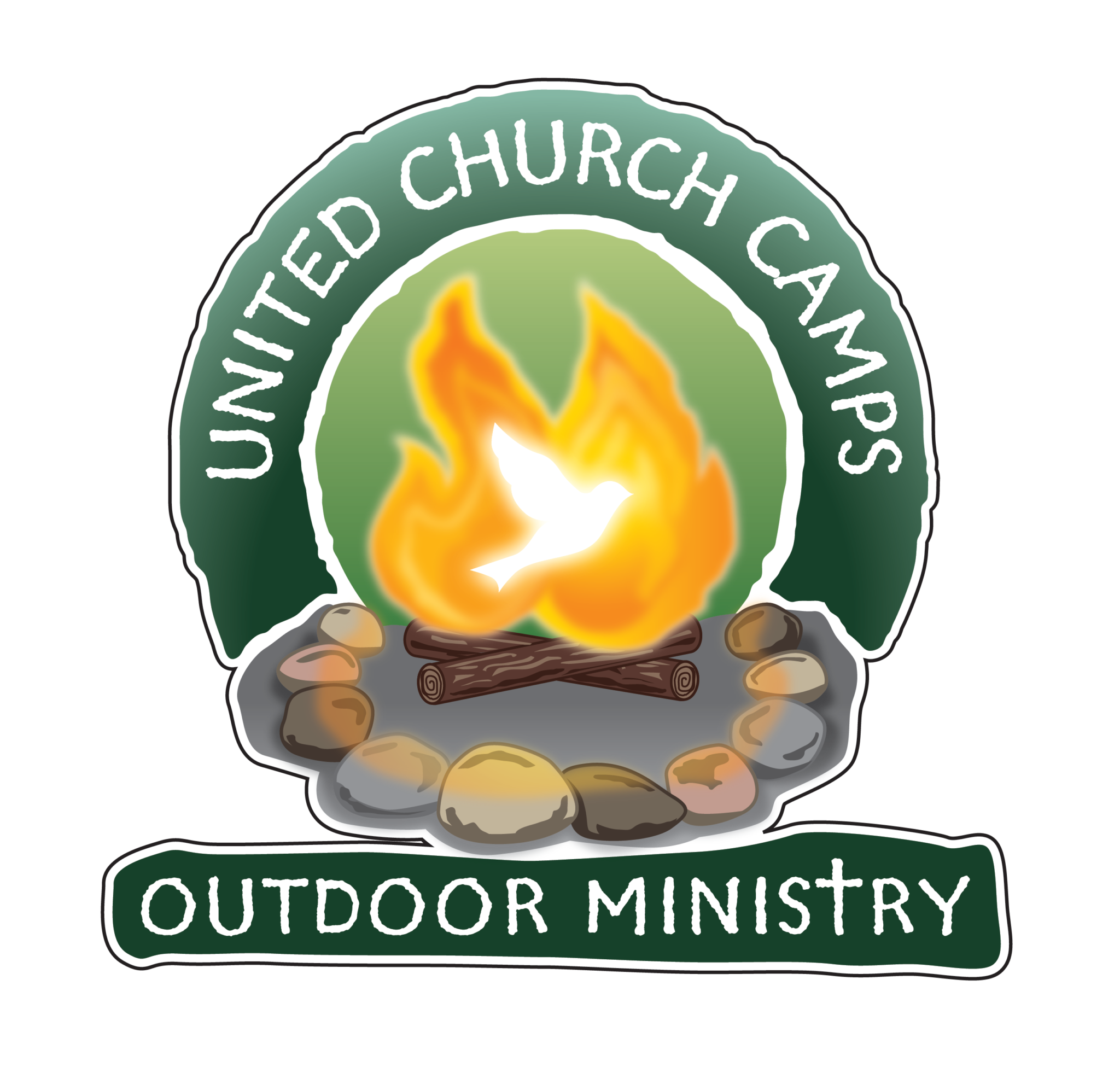Renaming Daycholah Center
"Naming is the beginning of justice."
–Robin Wall Kimmerer
On September 9, 2021, UCCI announced that our Outdoor Ministry site in Green Lake, Wisconsin, is being renamed. The new name is Daycholah Center. Daycholah is the original Ho-Chunk name for Green Lake.
This announcement comes because of a thorough process that involved many stakeholders, discussions, prayers, and a deep desire to reflect the mission and ministry of UCCI. This new name recognizes that this land was and remains a sacred place for Native Tribes. UCCI outdoor ministry has a unique role and opportunity to restore the voice of Native Americans, acknowledge their stewardship of this sacred place, and begin a journey with this one small reparative step toward building strong, supportive, and sustained positive relationships with our indigenous siblings.
Our commitment to the sacred place that is Daycholah Center, and the community created when people gather there is not changing. Judnard Henry, Daycholah Center Program Manager, states it perfectly: “Renaming is an appropriate and necessary first step on our journey toward a future where all are welcome and included and have a voice. We will continue to grow as a sacred place of love, a sanctuary, a community of inclusion and belonging, a place to learn, and to connect more deeply to God and all others.”
Please take some time to view the presentation of the full renaming story below, then explore the additional resources and FAQs.
Thank You
UCCI is deeply grateful to those whose life work has been to educate and inspire necessary change.
- Hocak United Church of Christ at the Indian Mission in Black River Falls
- Ho-Chunk Nation Government
- The Alliance for Justice, Inc.
- Wisconsin Conference of the United Church of Christ
Reclaiming Sacred Spaces Collaborative Team:
Larry Littlegeorge, Cari Fay, Joe Scarry, Rev. Jan Davis, Judnard Henry, Lisa Hart, Rev. Bob Ullman, Rev. James Schleif
Resources
Daycholah Center was officially rededicated with the new name on Indigenous Peoples’ Day, October 11, 2021.
Frequently Asked Questions
The history of the Pilgrims, Puritans, idealized Thanksgivings, westward expansion, and the settling of this ‘new country’ were all spoken of positively from a European Colonist perspective. Considering the native perspective, the original stewards of this land, we might have a better understanding of how a name like “Pilgrim” would be offensive. In some ways, the landing of the Pilgrims and Puritans began the end of their way of life. This change of name and the educational opportunities that it will provide is one small reparative step in building strong, supportive, sustained positive relationships with our indigenous siblings.
The Doctrine of Discovery is a principle of international law dating from the late 15th century. It has its roots in a papal decree issued by Pope Nicholas V in 1452 that specifically sanctioned and promoted the conquest, colonization, and exploitation of non-Christian territories and peoples. Hundreds of years of decisions and laws continuing right up to our own time can ultimately be traced back to the Doctrine of Discovery—laws that invalidate or ignore the rights, sovereignty, and humanity of indigenous peoples in the United States and around the world.
For more information: https://www.wcucc.org/justice-ministries/racial-justice/doctrine-of-discovery-study-resources/
When the resolution on repudiating the Doctrine of Discovery was debated at the 2019 annual meeting of the Wisconsin Conference, the question of whether the camps would have to be returned to the tribes was explicitly raised.
We do not believe this should be an obstacle to the discussion. Rather, it presents the opportunity to engage openly in dialog about fundamental understandings of the nature of place, and the notions of ownership and stewardship.
There is an opportunity to include elements in Daycholah Center’s physical facilities and programming that encourage an understanding of the history of the original inhabitants of the Green Lake area. Native American approaches to creation care can teach us much about tending to this sacred place. Keeping the shared values of Native Americans and Outdoor Ministry top-of-mind will direct our planning.
Some event names will change – for example, PilgrimCon will have a new name – but the events you know, and love will still exist and grow. The love, hospitality, and acceptance that Daycholah Center guests experience will not change.
No name change is being considered for Moon Beach or Cedar Valley. You will notice intentional reverence and acknowledgment for the fact that these sacred places are located on the ancestral homelands of the Menominee, Ojibwa, and Ho-Chunk Nations. At the beginning of any gatherings, we read the Land Use Acknowledgment. You may also notice Native American flags added to the flagpoles.
With hearts set toward reparation and reconciliation, UCCI engaged in a 3-year process to listen to the Ho-Chunk community and to learn and understand the effects our history has had. This dialogue was led by The Hocak United Church of Christ at the Indian Mission in Black River Falls, Wisconsin, and facilitated by The Alliance for Justice. This collaborative and deliberative journey included a diverse set of stakeholders and has focused on the impact of words and the associations they can bring with them—in this case, including “pilgrim” in Daycholah Center.
Daycholah is the original Hocak (Ho-Chunk) name for Green Lake. The spelling in the H0-Chunk language is Teecora.
The new name combines the deep spiritual naming of Green Lake by the Ho-Chunk people with the first name of the camp—Green Lake Bible Institute.
[ dā-chō-lә ]

